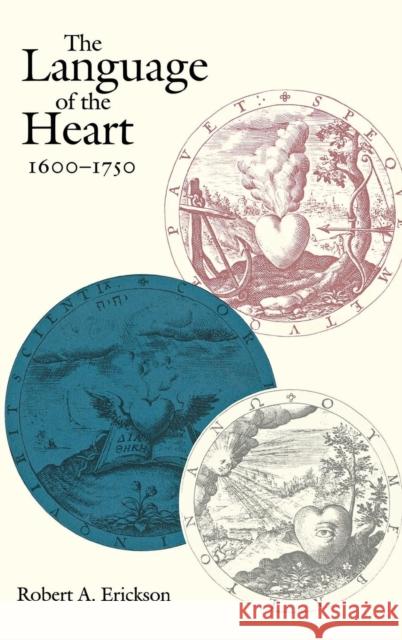The Language of the Heart, 1600-1750 » książka
The Language of the Heart, 1600-1750
ISBN-13: 9780812233940 / Angielski / Twarda / 1997 / 296 str.
In The Motion of the Heart and Blood (1653), William Harvey had set forth the scientific model of a phallic, generative organ pumping blood through a feminized body; in Paradise Lost, it is through the protracted rape and violation of Eve's heart that the Fall of Man occurs; nearly a century later Samuel Richardson's Clarissa would present a no less forceful but far more feminist and heroic narrative of the heart's power. Examining these other--and mostly English-literary, medical, religious, and philosophical texts, Erickson uncovers two ruling clusters of metaphors: one associating the heart with language, writing, and thought, the other with sex, passion, and gender. Charting the tension between the two, he offers a brilliant new reading of one of the central symbols in Western culture.











